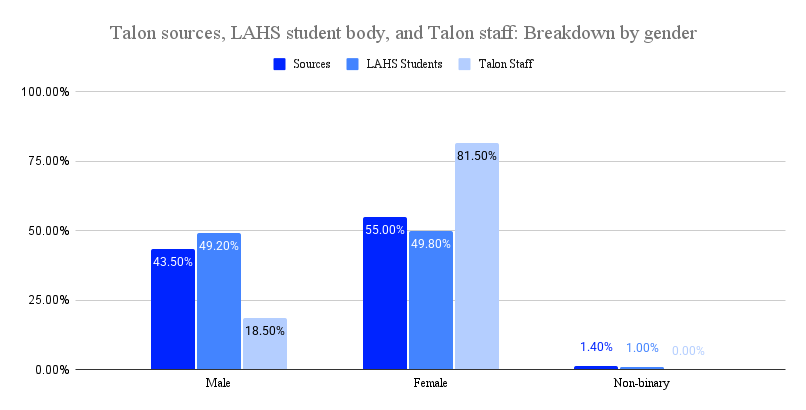On Monday, February 9, the school board will address the district’s physical education (P.E.) policy requiring all freshmen students to take P.E. The current policy requires all freshman students to take P.E. with very few exemptions. After parent complaints surfaced last May, the board has discussed three options: keep the policy as is, exempt freshman athletes who are taking seven classes from their P.E. classes during their sports season or exempt freshman athletes from their P.E. classes during their sports season. Considering the many benefits P.E. provides students along with the logistical difficulties an exemption would create for P.E. classes, the school board must leave the current policy as is. All freshmen should continue to be required to take P.E.
P.E. offers students benefits that cannot be obtained in after-school sports. Freshman P.E. is one of the few courses offered to students that all students are required to take. Much like World Studies and Survey Composition Literature classes, all students take the same course and are thus able to interact with a variety of classmates that they may not otherwise meet.
After freshman year, there are fewer opportunities to take classes that are required of all students. Therefore, exposure to a diverse classroom decreases. Freshman P.E. offers an opportunity to meet other students that is vital to forming an integrated campus.
Additionally, P.E. teaches skills that would not be otherwise obtained. For example, the weight room unit in P.E. allows students to understand how the machinery works and how to work out safely. These skills are important for students to understand as they continue to maintain their fitness. And, while such skills are often expected out of after-school sports, are not a part of school sport curricula. Sports cannot completely replace P.E., just as working in a lab afterschool cannot fully replace science class.
While some may argue student athletes have too much of a time commitment with sports to take a P.E. class, sports are simply one example of such a time commitment. Most students have extracurriculars that keep them busy after school, and sports should not be treated differently. The set of skills taught in sports do not replace that learned in a P.E. class, but add to it.
P.E. is the one class a day students can get up and get active, something teachers recognize as being very important coming into high school. Exercise is known to help lower stress, and a break in the day helps students focus to allow for a more productive schedule overall.
Even if an exemption were desirable, the logistical challenges of implementing an exemption should lead the board to reconsider. If athletes were to be exempted during their sports seasons, classes would be forced to adapt to a constantly fluctuating class size which would prevent steady plans and the creation of the best class community possible.
Allowing athletes to skip P.E. during their sports seasons would further complicate their ability to catch up with lesson plans, which are largely based on participation. Additionally, students who are exempt from much of a unit may miss large amounts of instruction material that may appear on a test.
There are always points of improvement within the P.E. curriculum; for example, building on the current nutrition and fitness lessons. However, P.E. offers undeniable benefits to freshmen including experience with a variety of sports and activities and a sense of community. The board should vote to maintain the current policy and not allow any form of freshman P.E. exemption.







